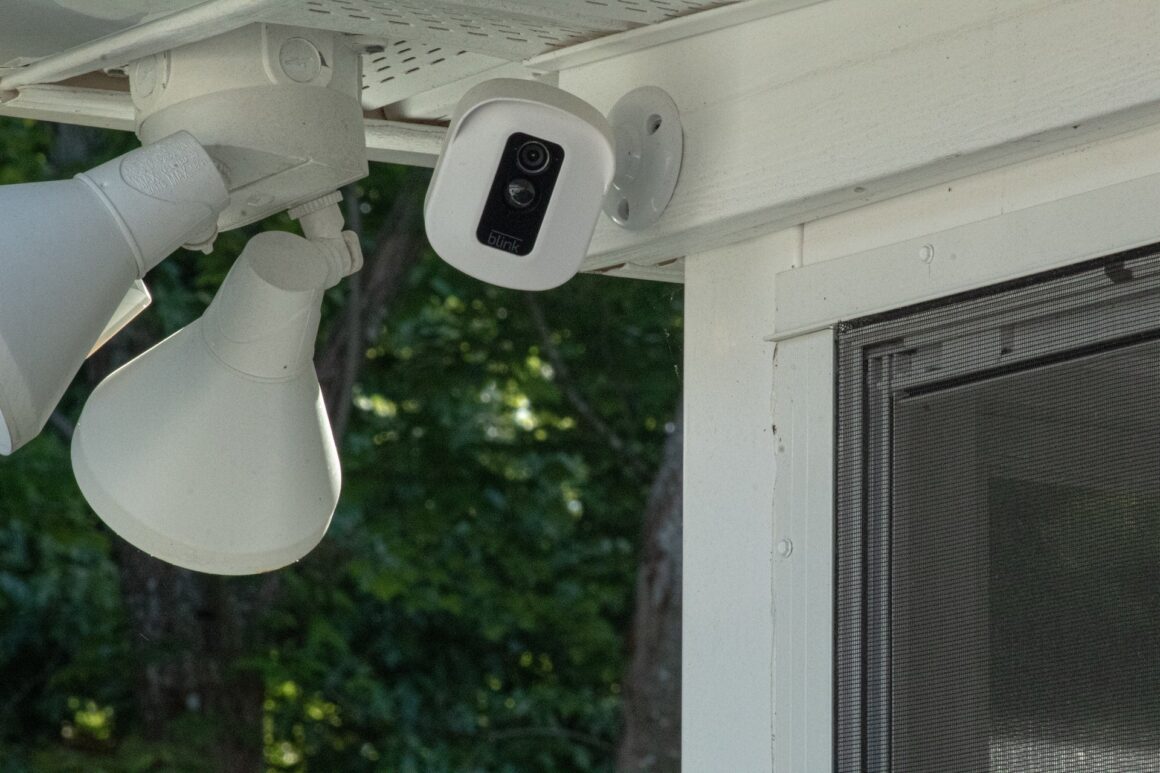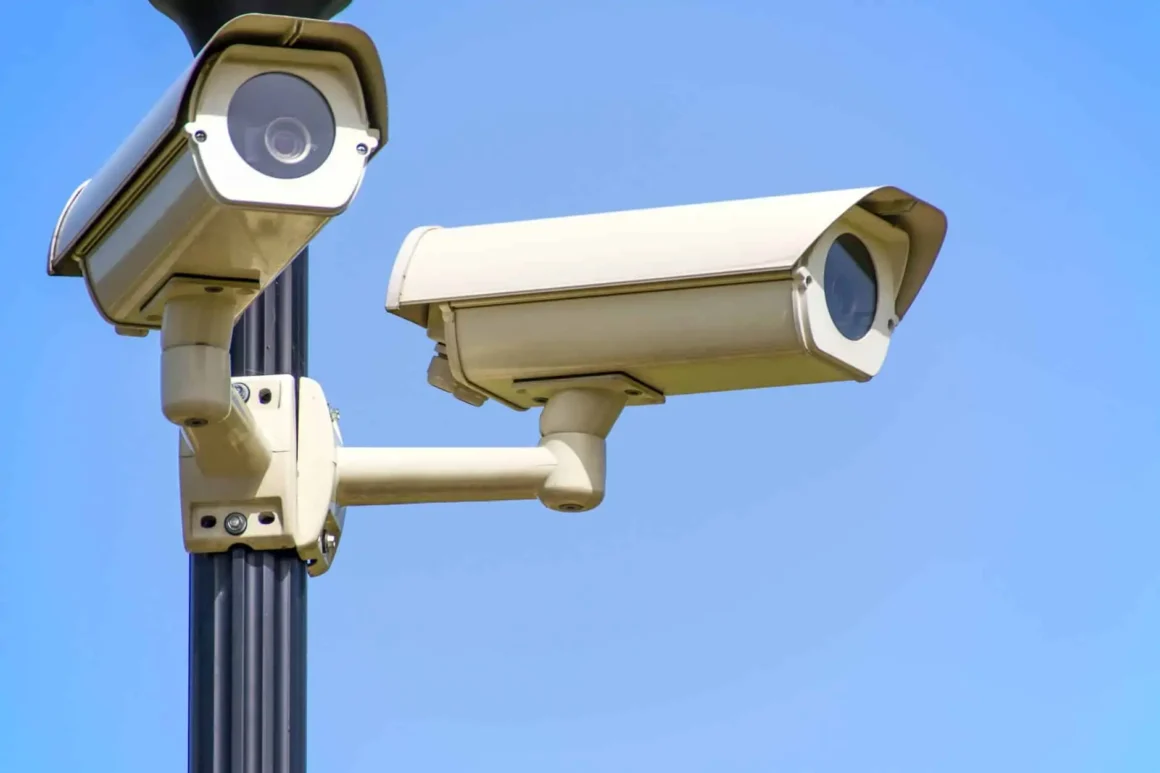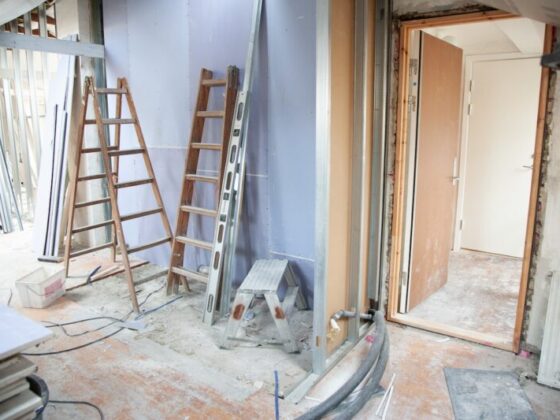Perhaps CCTV systems make people so curious about how they still deliver footage even without electricity. The truth is that the power supply plays a significant role for security cameras.
However, they cannot function well enough to satisfy the user’s need for protection when the power is off. This applies to either wired or wireless camera models as additional home devices are crucial for full monitoring.
Here are some facts about CCTV systems that you need to know:
- Unplugging a security camera won’t stop it from working to protect your home.
- The camera will still record footage even when you are away from home.
- CCTVs cannot be switched off. For that reason, internal batteries help to operate the camera 24/7. This varies over a wide range of camera models in the market.
The Lifespan of CCTV Systems
Though most CCTVS rely on standard batteries, they could last for months of use. Some providers may advertise longer days a security camera could last but is only a minimum of three days. This is why the power supply must be stable to sneak away intruders all day long.
A backup battery should exist for the camera to keep on working in case of a power outage. It can last for several hours which is enough to supply protection.
Below is a list of batteries that are suitable for CCTV systems:
- AA Batteries
- Disposable Batteries
- Rechargeable Batteries
- Battery Packs
The camera can take pictures even without batteries, however, at a slower speed. Rechargeable batteries will be delivered ready for use and are suitable for digital camera models.
Signs That CCTV Systems Work

The surveillance tool is made of infrared lights that grow red as proof of a working CCTV. Use a phone to test whether the device is working by pointing out its camera to the CCTV. If it shows a bright light that means the security device is working.
Such infrared light also enables the camera to capture images in low light conditions. The system is surrounded by LEDs to scare away intruders at night.
Why Choose Outdoor Security Cameras?
Outdoor cameras can be installed in two ways – wired or wireless. It is an ideal choice for home and commercial uses because of its versatile design.
The most common type of camera is built with a wireless transmitter. This can deliver footage within a certain distance. On the other hand, some users could opt for battery-powered cameras for a more convenient setup.
Homeowners shall position the camera on a spot that could easily detect unwanted motions of objects.
Misconception About Wireless Camera Systems

First-time CCTV installers may get confused by the word “wireless” in buying security cameras. The real meaning behind it is the connection between the camera and the recorder. Nonetheless, the system itself is wired and plugged into a power outlet to fully function.
With that being said, CCTVs will not run off batteries and could protect a home all day.
There is also a red light to reflect a recording in progress or when there is a motion. Other cameras would blink a red light while most units keep the light steady.
Do CCTVs Always Require WI-FI Connection?
This is another misconception about CCTVs. They can still operate even without the internet and electricity. Accordingly, a WI-FI connection is necessary for footage access when you are in remote areas. In other words, the internet improves the basic features of a CCTV system. It expands your ability to monitor the area.
How Does CCTV Work?
CCTV Systems require a low voltage to operate. It cannot be plugged in directly to the home power but via a transformer. Locate the panel box and then set up the AC power together with a backup battery.
Always remember that the backup batteries have limited power to record footage. It sustains the basic functions of the camera when the power is accidentally cut.
Most cameras are built with a base station to help the device preserve its battery. This also enables the device to detect motions and send alarms.
This type of surveillance unit is perfect for houses without main power. Therefore, users need to replace batteries for a lot of time.

Are Security Cameras Energy-Efficient?
The good news is that CCTV systems consume less energy compared to other home devices. This is true with analog and IP cameras that require only a minimal amount of electricity.
If there is one thing that demands an extra cost, it is no other than the installation cost. The later expenses would not break your pocket.
Other Dilemma When Using CCTV System
A hidden camera is easy to detect using a mobile phone. Some intruders may plant hidden cameras around your house to increase the chance of sneaking into your property. Your phone’s camera lens can pick up infrared lights to know where the devices are.
Last Thoughts
Now, is CCTV effective without electricity? The answer depends on the camera model but surely, the CCTV still works when the power is taken off. It might perform basic functions but with limits, such as recording and storing footage. There is a wide range of power options to continue using the camera.
In addition to that, the WI-FI network intensifies how the camera works. This could improve footage access that benefits people away from home.



